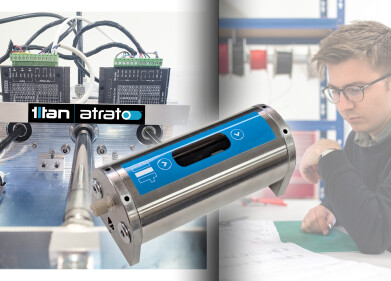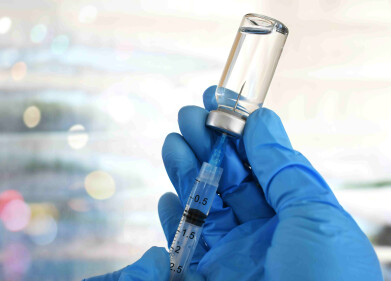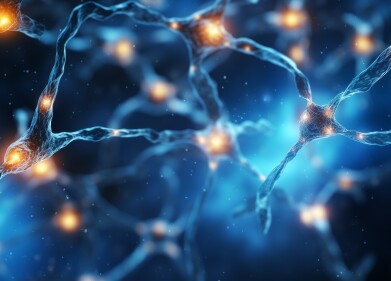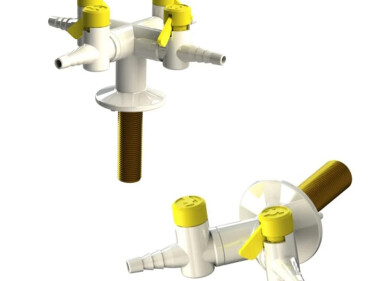-
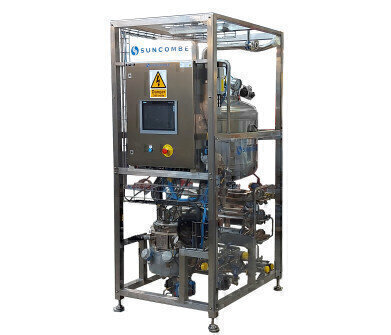 Suncombe has announced the global release of the MicroEDS™ BioWaste Treatment System for biologically hazardous waste decontamination.
Suncombe has announced the global release of the MicroEDS™ BioWaste Treatment System for biologically hazardous waste decontamination.
Laboratory products
New, Low-volume Biowaste Treatment System Offers Flexibility and Sustainability
Nov 30 2021
Suncombe, the cleaning and critical process systems specialists, has announced the global release of the MicroEDS™ BioWaste Treatment System for biologically hazardous waste decontamination, typically required in the biopharma sector, laboratories and research institutes. The low-volume system is certified to ASME and ISO/EN standards for treating BSL 1, 2 & 3 waste, using an innovative batch process which allows positive release of all the waste collected.
MicroEDS is the result of 5 years of development and internal and external testing. It includes a number of major technical advances, including thermal energy regeneration, low energy usage, 100% positive release for treated waste and electronic records generation, says Suncombe.
In line with the biopharma industry’s commitment to address climate change, the new unit delivers 61% energy saving no matter the amount of liquid treated and reduces carbon footprint by up to 1.68 tonnes of CO2 each year, based on average use, says Suncombe.
In response to clients’ requests for ease of use and installation the newly developed unit has been designed to work with a simple 230 Vac 13 amp supply (a domestic plug rating). Built on a small footprint, with options for protection covers, the MicroEDS has been specifically developed to fit into new lines or to be retrofitted into existing facilities.
In order to comply with many licensing requirements, the system is designed to operate at a thermal treatment parameter of 121°C for 15 minutes, as well as variable temperature, time and f0 lethality settings, for specific requirements. The company has developed an innovative system which promotes sustainability by reducing the energy usage and utility consumption by up to 75%, whilst maintaining the reliability, repeatability and robustness associated with all Suncombe products.
With capacities varied to suit a wide range of waste volume from 150 to 500 litres per day, the MicroEDS is supplied with controls and interlocking functionality to ensure containment is constantly maintained and there is always a positive release prior to discharge of treated waste. HEPA sterile filters are incorporated to ensure that escaping gases are also maintained in the contained envelope.
Commenting on the worldwide release of the system, Suncombe Director Steve Overton said: “The MicroEDS is able to provide a comprehensive and validatable biowaste treatment solution in all parts of the world and is able to meet relevant international standards. The increased flexibility of the system enables its use at biotech plants and laboratories, as well as research organisations.”
Complying with globally recognised regulations, the containment envelope and requirements are assessed for each project individually to provide a robust, reliable method of collection and storage of liquid waste streams, up to 500 litres per day.
Features of the MicroEDS system include: thermal regeneration of up to 75%; positive release of treated waste can be manual or automatic; validatable electronic records are provided for all treatment parameters; optional pH Neutralisation and self CIP. The unit can be fully thermally and chemical decontaminated for maintenance and the maintenance operations have been incorporated on the system display screens (HMI – Human Machine interface).
Digital Edition
Lab Asia Dec 2025
December 2025
Chromatography Articles- Cutting-edge sample preparation tools help laboratories to stay ahead of the curveMass Spectrometry & Spectroscopy Articles- Unlocking the complexity of metabolomics: Pushi...
View all digital editions
Events
Jan 21 2026 Tokyo, Japan
Jan 28 2026 Tokyo, Japan
Jan 29 2026 New Delhi, India
Feb 07 2026 Boston, MA, USA
Asia Pharma Expo/Asia Lab Expo
Feb 12 2026 Dhaka, Bangladesh
